
How U.S. Investment Policies Shape Financial Stability
U.S. investment policies play a crucial role in shaping financial stability by influencing capital markets, interest rates, and economic growth. Regulatory frameworks and government interventions determine risk levels, investor confidence, and long-term economic sustainability
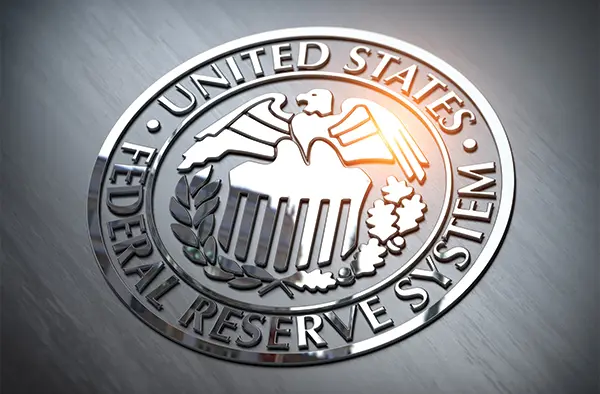
The Effect of Federal Reserve Policies on Investment Growth
The Federal Reserve plays a crucial role in shaping investment growth by adjusting interest rates, regulating money supply, and influencing market liquidity. Its policies determine the cost of borrowing, stock market trends, and overall economic expansion, making it a key driver in investment decision-making

Tax Regulations and Their Impact on Investment Returns
Tax regulations play a crucial role in determining investment returns by affecting capital gains, dividends, and corporate profits. Changes in tax laws influence investor behavior, asset allocation, and long-term financial planning, making it essential to stay informed about evolving policies

Navigating U.S. Monetary Policies for Smarter Investments
U.S. monetary policies, driven by the Federal Reserve, play a significant role in shaping investment opportunities. Understanding interest rates, inflation control, and liquidity measures helps investors make informed decisions and optimize portfolio returns in varying economic climates

How Interest Rate Changes Affect Investment Strategies
Interest rate changes have a significant influence on investment strategies. Whether through the stock market, bonds, or real estate, shifts in rates affect asset prices, investor behavior, and portfolio diversification. Understanding these dynamics is essential for making informed, profitable investment decisions
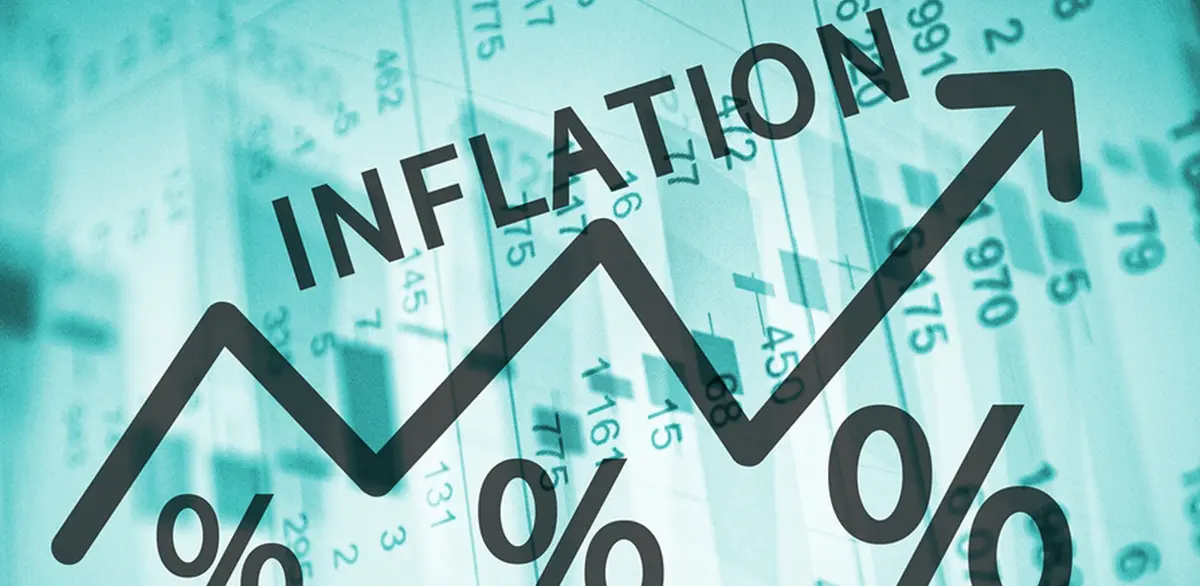
Inflation Trends and Their Role in U.S. Investment Policies
Inflation trends play a critical role in shaping U.S. investment policies. From adjusting interest rates to influencing asset classes like bonds, equities, and real estate, inflation trends affect economic decisions across the country. Investors must stay informed about inflation to navigate investment policies effectively and protect their portfolios

The Future of Wealth Management Under U.S. Regulations
he wealth management industry in the U.S. is transforming under changing regulations. This article explores how future regulatory shifts in areas like tax laws, ESG investing, and financial technology will shape the landscape of wealth management and investor strategies
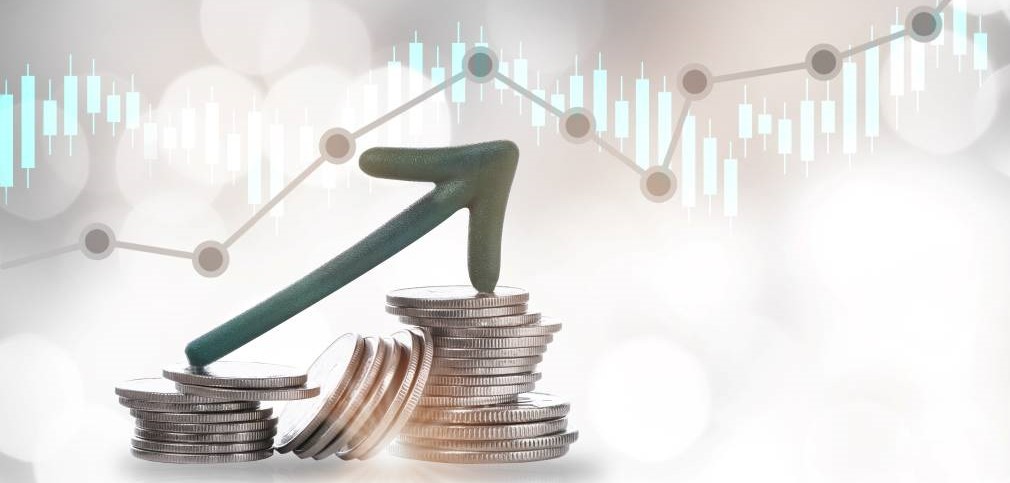
Government Spending and Its Influence on Investment Markets
Government spending plays a pivotal role in shaping investment markets. From fiscal stimulus packages to infrastructure investments, the allocation of government funds can drive market movements and influence investor sentiment. This article delves into the ways government spending impacts various sectors and markets, offering insights for investors

Capital Gains Tax: What Investors Need to Know in 2025
As 2025 approaches, changes in capital gains tax laws could impact investment strategies for individuals and institutions. This article explores the key updates to tax policies and offers insights into how these changes may affect your investment portfolio

How U.S. Economic Policies Are Reshaping Investment Trends
With shifting U.S. economic policies, investors are adjusting their strategies to respond to new market dynamics. This article explores the key policy changes and their influence on investment decisions

Federal Reserve Tightens Money Supply: What Investors Need to Know
The Federal Reserve's decision to tighten the money supply is a crucial development for investors. This article explores the implications of such monetary policy adjustments on financial markets and investment strategies.

New Cryptocurrency Regulations Impacting Retail Investors in the U.S.
Recent changes to cryptocurrency regulations in the United States are having significant effects on retail investors. This article explores the new rules and what they mean for individuals looking to invest in digital currencies.
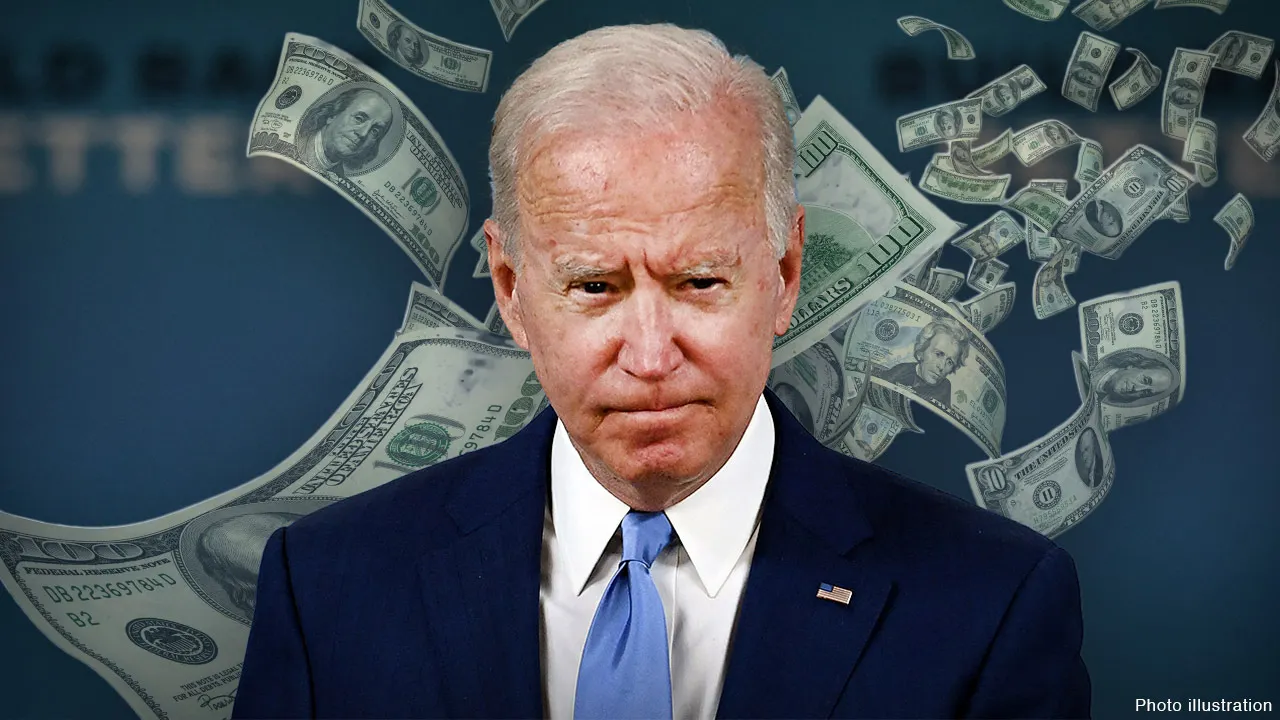
Biden’s Economic Plan: Effect on Dollar & Money Supply
The economic policies introduced by President Biden have far-reaching implications for the U.S. dollar and the broader money supply. With the country facing various challenges, including inflation and recovery from the pandemic, Biden's approach involves major fiscal changes that could significantly affect the financial landscape
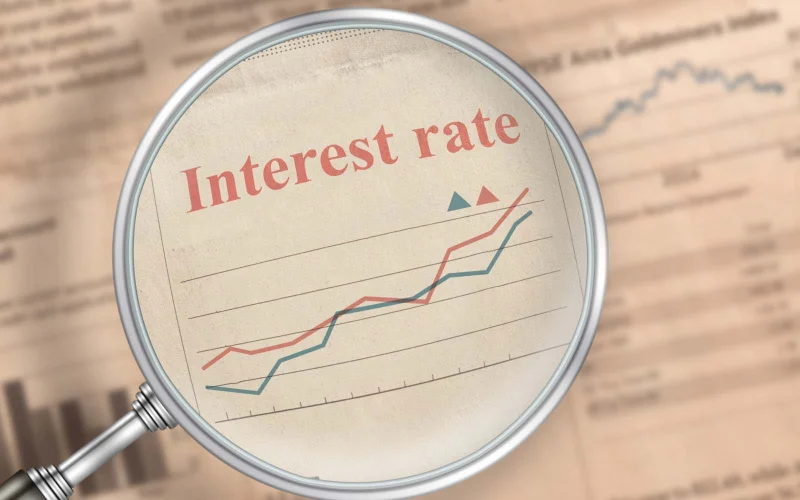
Interest Rate Hikes: How It’s Affecting Personal and Corporate Finances
Rising interest rates are reshaping both personal and corporate finances. From mortgages and credit card payments to business borrowing costs and profits, the effects are profound. As central banks increase rates to curb inflation, both consumers and companies are adjusting their financial strategies. This article explores the current and long-term impacts of interest rate hikes on the economy.

Treasury Bond Yields Hit Record Lows: What It Means for You
Treasury bond yields have reached record lows, marking a significant shift in the financial landscape. As yields decline, the return on investments such as bonds and savings accounts also decreases. This article discusses the potential impact of these record-low yields on various forms of investment and offers guidance on how to navigate these changes in the financial market

U.S. Dollar's Rise: Impact on Foreign Exchange and Investments
The strengthening of the U.S. dollar is shaking up global markets, affecting everything from foreign exchange rates to international investments. In this article, we analyze how the dollar's rise impacts global trade, investment strategies, and economic stability. Understanding these effects is crucial for businesses and investors navigating the increasingly globalized financial landscape
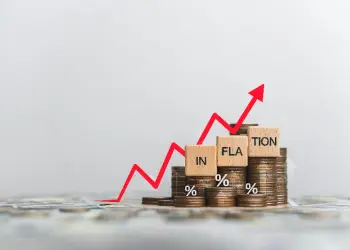
Inflation vs. Investment: What to Do with Your Money in 2025
As inflation continues to challenge global economies, understanding how to protect and grow your wealth becomes more crucial than ever. In this article, we’ll explore how inflation is affecting investments in 2025 and provide expert advice on what to do with your money to safeguard your financial future. Whether you're new to investing or an experienced investor, learn the best strategies for navigating this economic climate.

Banking System Reforms: How They Affect Your Savings and Investment Accounts
Banking system reforms are reshaping the financial landscape, and these changes could impact your savings and investment accounts. From interest rates to new regulations, understand how these reforms will affect your financial future. This article provides insights into the potential implications and how you can adapt your strategy to thrive in the evolving financial environment

Fed Chair Powell’s New Policies to Stabilize U.S. Money Markets
Federal Reserve Chair Jerome Powell has introduced a series of new policies designed to stabilize U.S. money markets amid economic uncertainties. These changes could have significant implications for both short-term and long-term investors, as well as for the broader financial landscape. This article dives into the details of these policies and their potential impact on market dynamics and investment strategies

Rising Wages and Its Effect on Consumer Spending and Money Flow
As wages rise across the U.S., both consumers and businesses are feeling the effects in various ways. Higher wages lead to increased disposable income, driving consumer spending and affecting the flow of money in the economy. This article explores the impact of rising wages on purchasing power, inflation, business growth, and the overall economic landscape